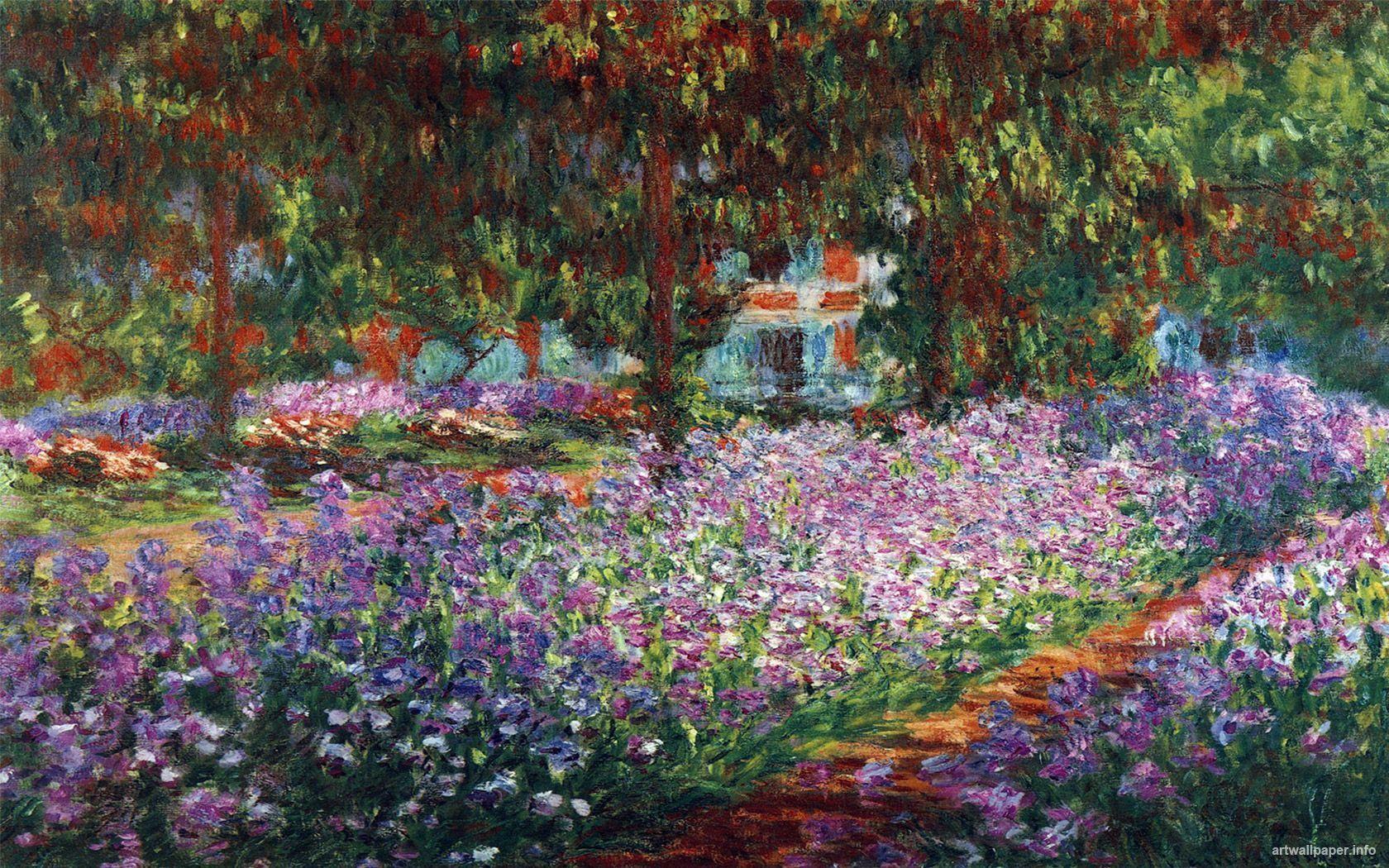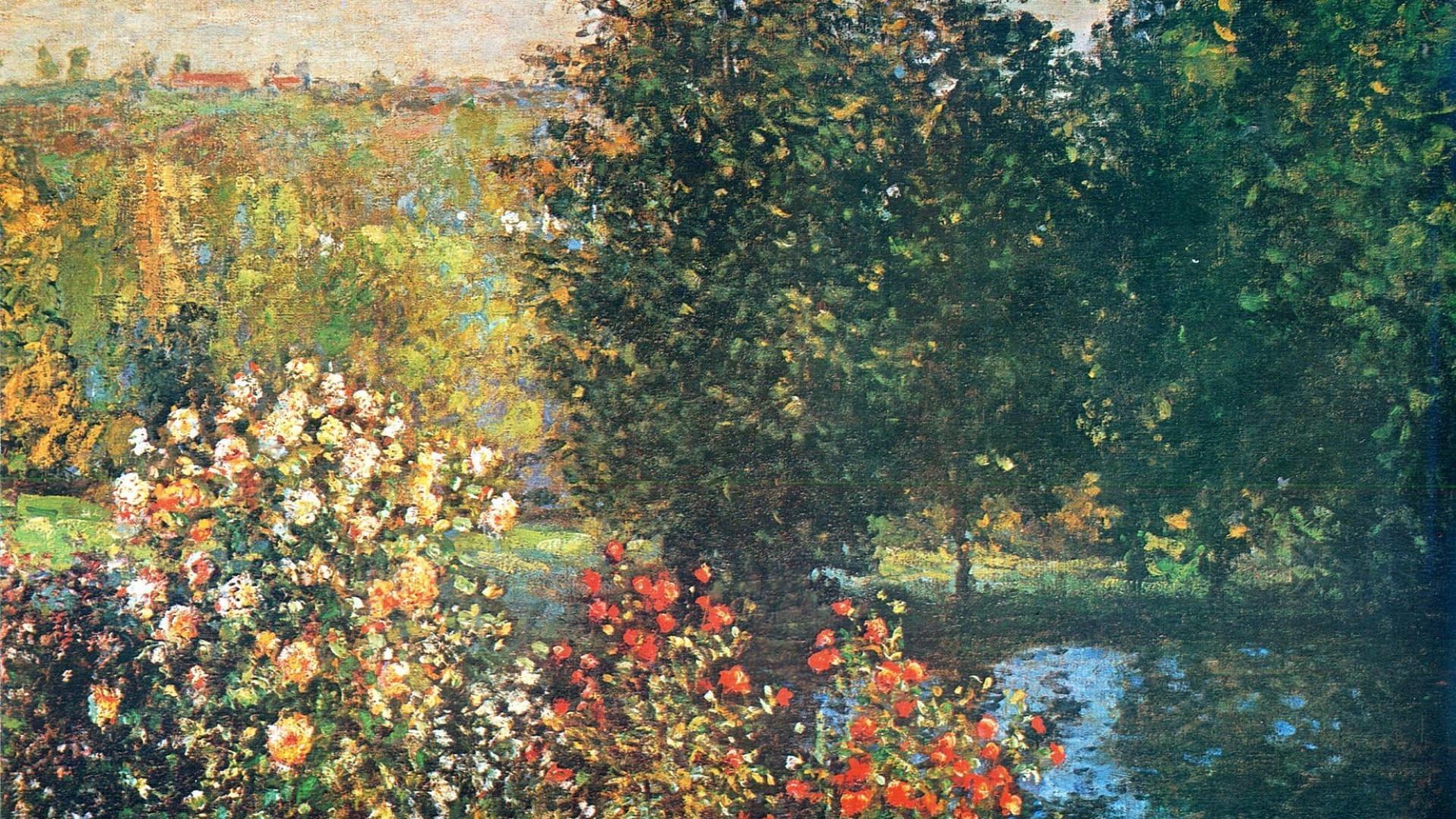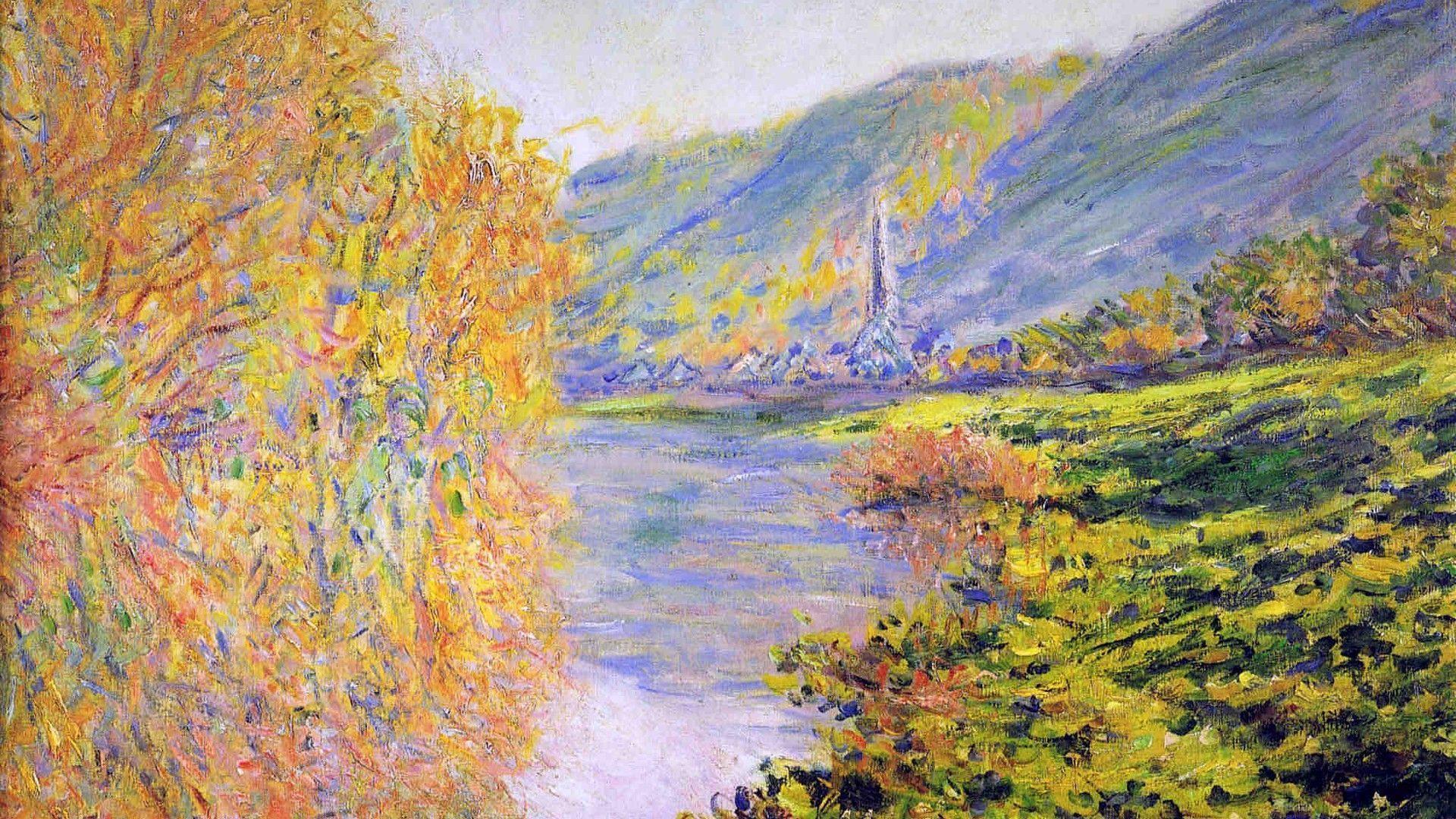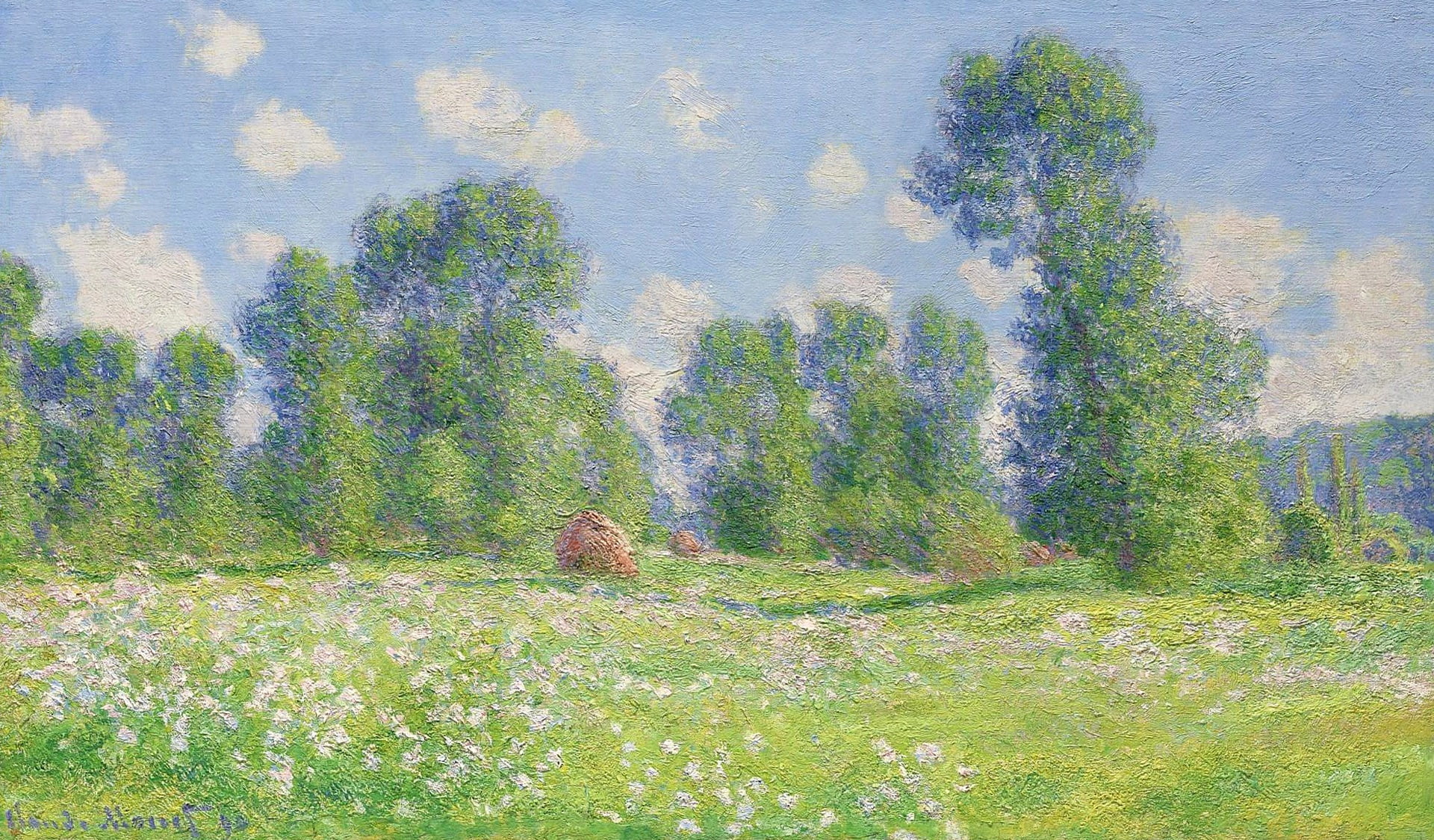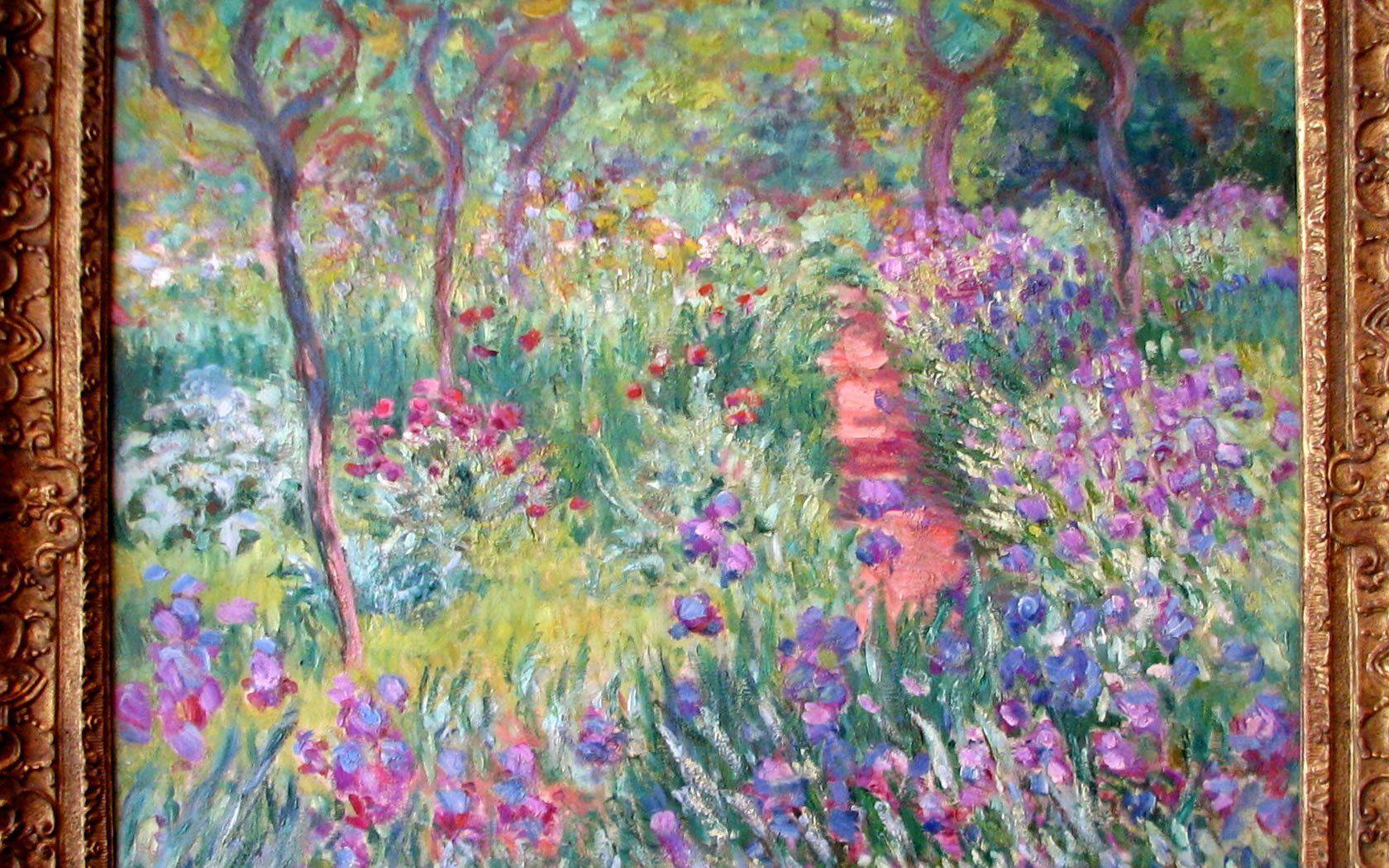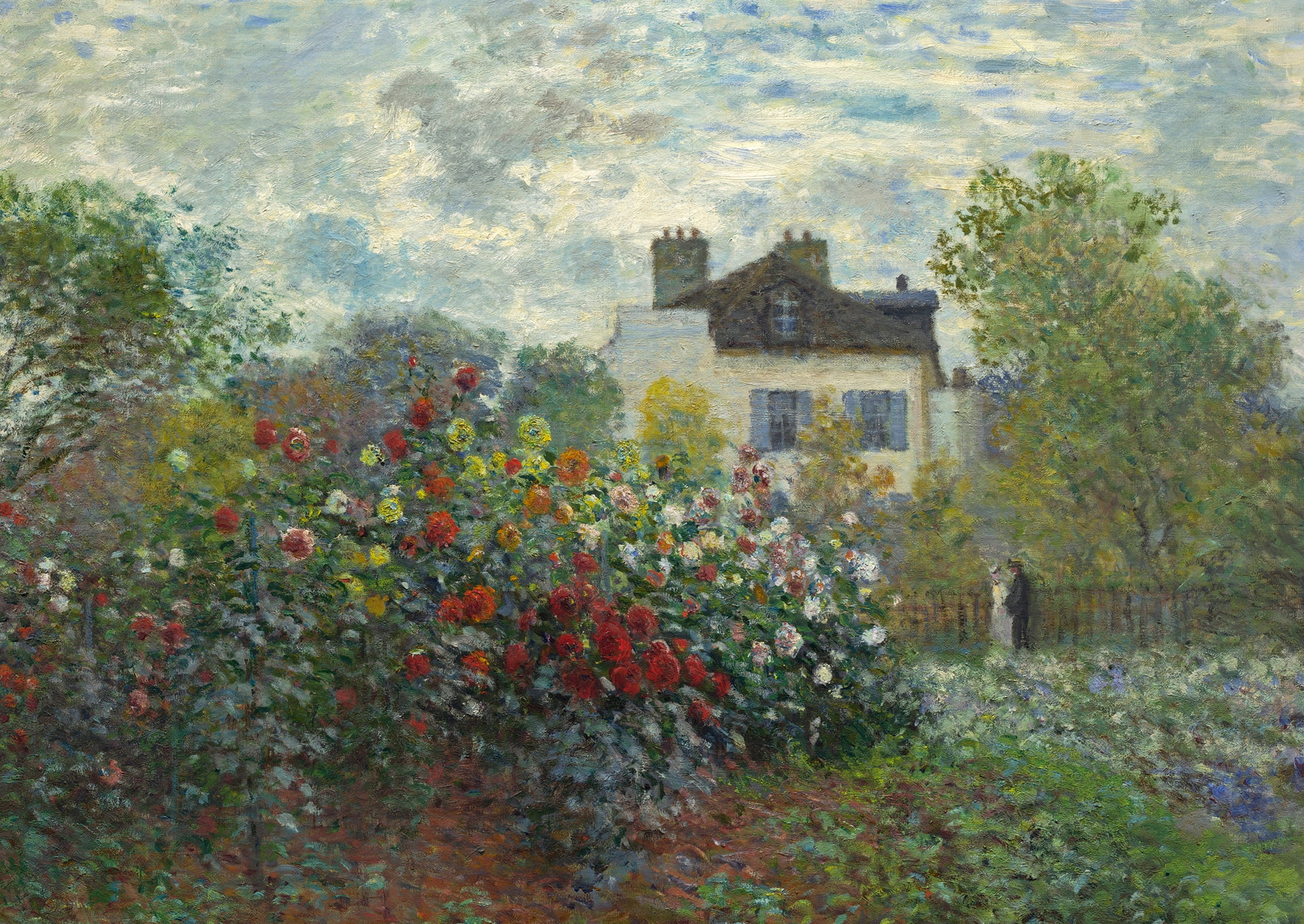A quiet grove where forgotten fruit remembers the names of wanderers.
At the edge of a small town, behind a crumbling brick wall woven with ivy, lies an orchard that people pass without much thought. It is neither large nor particularly fertile, yet some evenings the air there takes on a peculiar softness, like a whisper folded into the leaves. Old wooden signs, once painted with the name of the orchard’s owner, now hang crooked and mossy. Between the trunks, grass grows in tidy waves, and the pathways — though narrow — are well-worn as if many feet have strolled them in secret.
The trees are an odd mix: apples that taste faintly of cardamom, pears with a lemon-tinged sweetness, and figs whose skins carry the faint metallic tang of winter rain. Fruit ripens out of season and sometimes falls in patterns, forming small circles or lines as though arranged by hands invisible at midnight. Those who collect the fallen fruit report dreams afterward: memories that are not theirs, fragments of lovers’ arguments, a child’s first laugh, the taste of salt on someone else’s tongue. People say the orchard remembers. It keeps small things, like names and promises, tucked under its roots and returns them in fruit.
The keeper is a retired schoolteacher who waters the trees with a kettle and hums lessons from long ago. Neighbors think of the place as whimsical, perhaps slightly theatrical, but there’s an unspoken pact: you don’t pluck anything that’s not offered. On certain nights, lanterns appear suspended from branches as if someone has hung stars low for easy picking. Those who accept the lantern-lit invitation leave with more than fruit — sometimes with courage to write a letter they’d postponed for years, sometimes with the closure of a conversation they could not finish. The orchard does not force transformation; it simply holds mirrors made of taste and memory, and in that subtle reflection, people find the next small step toward whatever they keep postponing.

